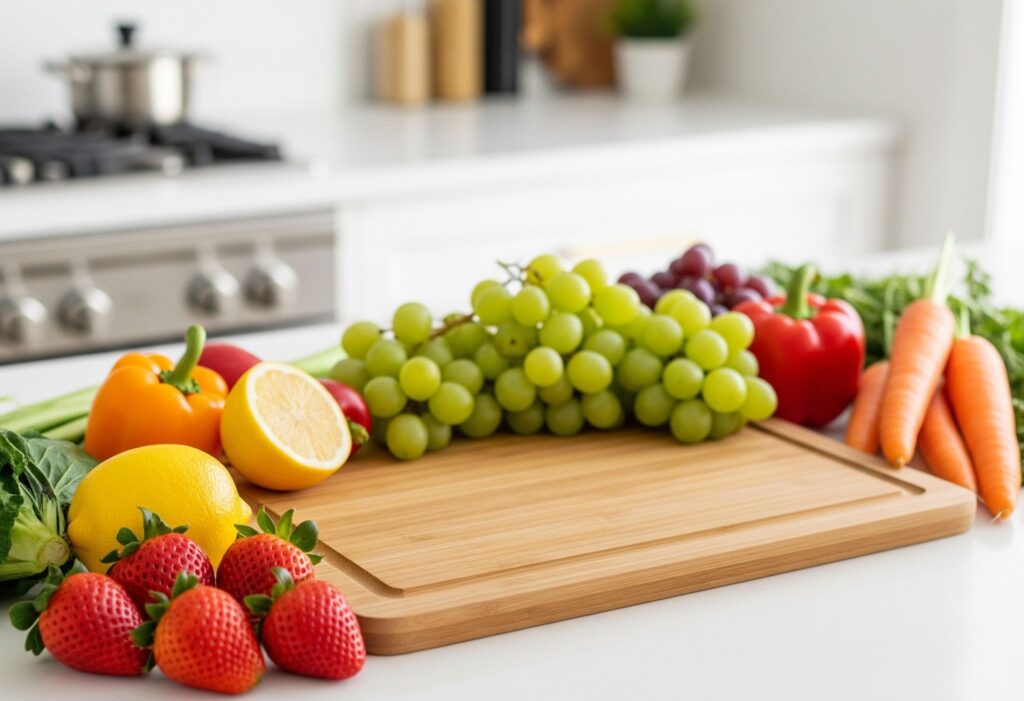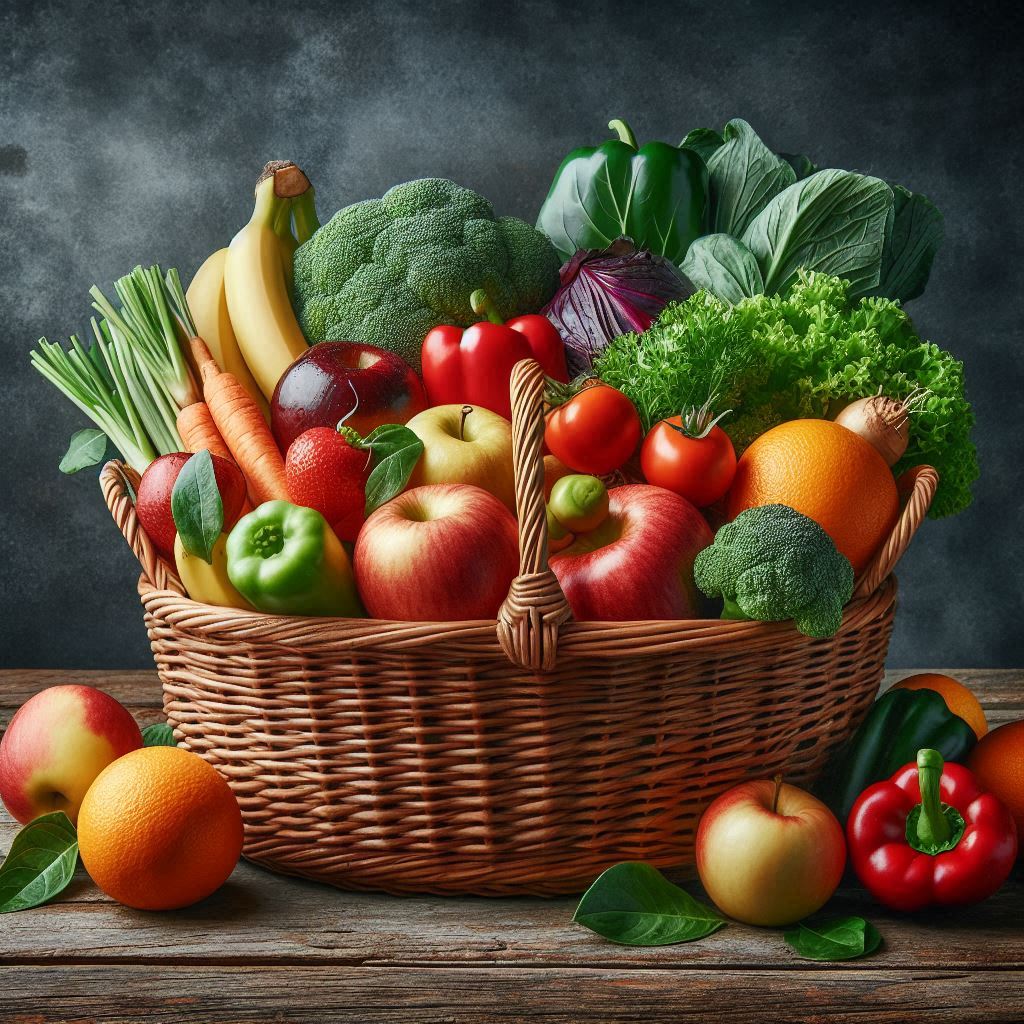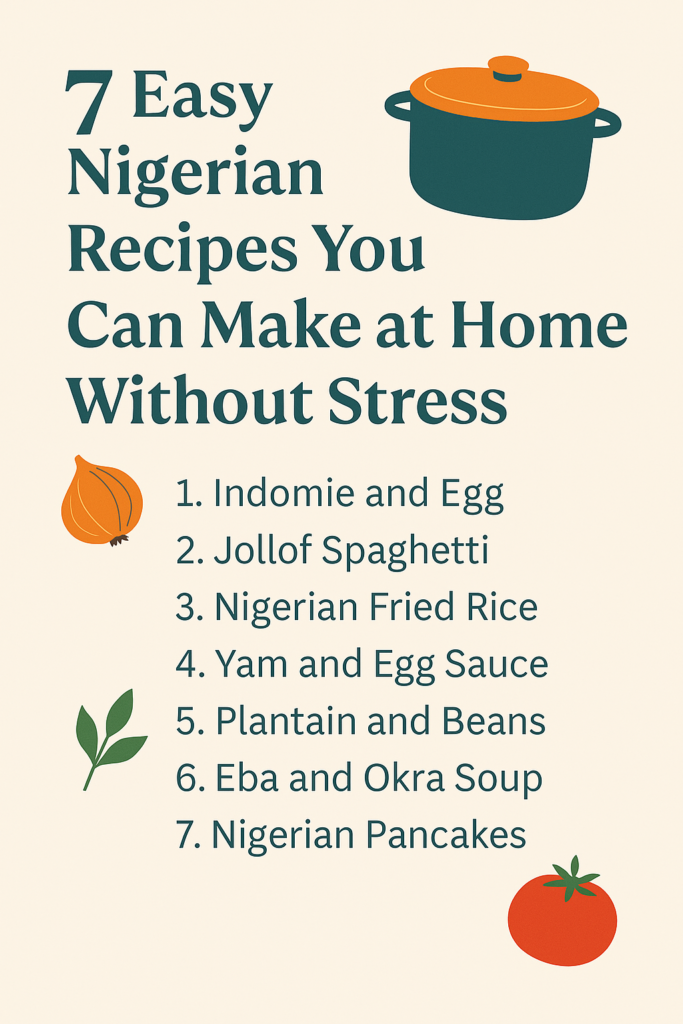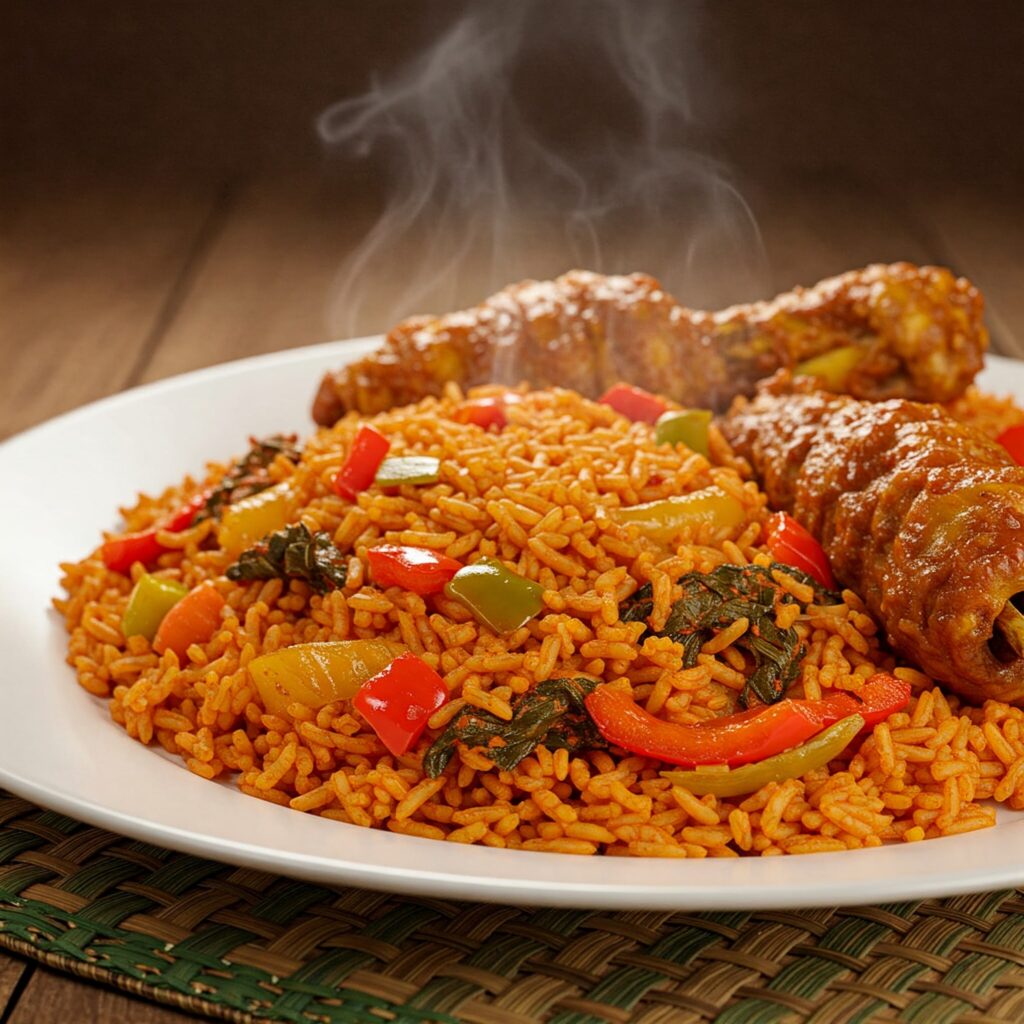
Clean Eating 101: What It Is and How to Start
In today’s world of ultra-processed snacks and fast food on every corner, many people are turning to clean eating as a way to simplify their diets and reclaim their health.
But what exactly is clean eating? Is it just another trend, or is it a sustainable way to eat and live better?
This guide will walk you through everything you need to know to get started—no fad diets, no food guilt, just real, wholesome habits.
What Is Clean Eating, Really?
Clean eating isn’t about being perfect or never touching a cookie again. It’s about choosing whole, minimally processed foods that nourish your body.
At its core, clean eating means:
-
Prioritizing whole foods (like fruits, vegetables, whole grains, and lean proteins)
-
Avoiding processed foods with added sugars, preservatives, and artificial ingredients
-
Cooking more at home and reading food labels carefully
-
Staying hydrated with water rather than sugary drinks
Think of it as eating closer to nature, not cutting out entire food groups or counting every calorie.
Read more: Why Hydration Matters: Health Benefits of Drinking Water
Health Benefits of Clean Eating
Making clean eating part of your lifestyle can bring some major perks, including:
-
Better digestion thanks to fiber-rich foods
-
More stable energy levels (no more sugar crashes!)
-
Clearer skin and fewer inflammatory flare-ups
-
Improved mood and mental clarity
-
Weight management without deprivation
According to Harvard T.H. Chan School of Public Health, choosing healthy, whole foods can reduce your risk of chronic diseases like heart disease, type 2 diabetes, and certain cancers.
🍽️ Also read: Top 10 Nutrient-Dense Foods You Should Eat Daily
How to Start Eating Clean (Without the Overwhelm)
Starting clean eating doesn’t mean clearing out your pantry overnight. Take it one small step at a time:
1. Read Ingredient Labels
Look for simple, recognizable ingredients. If you can’t pronounce it, your body might not love it either.
2. Shop the Perimeter
Grocery stores are typically arranged so that whole foods—produce, meat, dairy—are around the edges. Avoid too much shopping in the processed middle aisles.
3. Cook More at Home
Making your own meals means more control over ingredients and fewer hidden additives.
4. Limit Added Sugars and Refined Grains
Swap white bread for whole grain, soda for infused water, and sugary snacks for fruit.
Clean Eating Grocery Staples

Here’s a starter list to stock your clean kitchen:
Produce:
-
Leafy greens (spinach, kale)
-
Cruciferous veggies (broccoli, cauliflower)
-
Berries, apples, bananas
Proteins:
-
Chicken breast
-
Salmon
-
Eggs
-
Lentils and chickpeas
Whole Grains:
-
Quinoa
-
Brown rice
-
Oats
Healthy Fats:
-
Avocados
-
Extra virgin olive oil
-
Nuts and seeds
Pantry Basics:
-
Spices and herbs
-
Natural nut butter
-
Low-sodium broth
Bonus read: The Ultimate Guide to Herbs and Spices for Health
What Clean Eating Is Not
Let’s clear up some common misconceptions:
-
❌ It’s not a diet. Clean eating is a lifestyle focused on nourishment, not restriction.
-
❌ It’s not about perfection. Occasional indulgences are part of a healthy balance.
-
❌ It’s not expensive by default. With planning, clean meals can be budget-friendly.
Final Thoughts: Clean Eating Is Simpler Than You Think
Clean eating isn’t about extremes. It’s about reconnecting with real food, making informed choices, and building habits that support your health long-term.
Start small, keep it simple, and remember: every meal is a fresh opportunity to nourish your body.
Discover more from Blessing Nnenna Blog
Subscribe to get the latest posts sent to your email.


